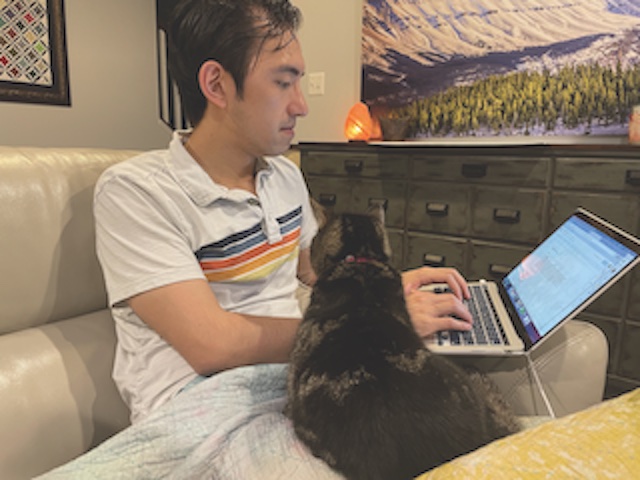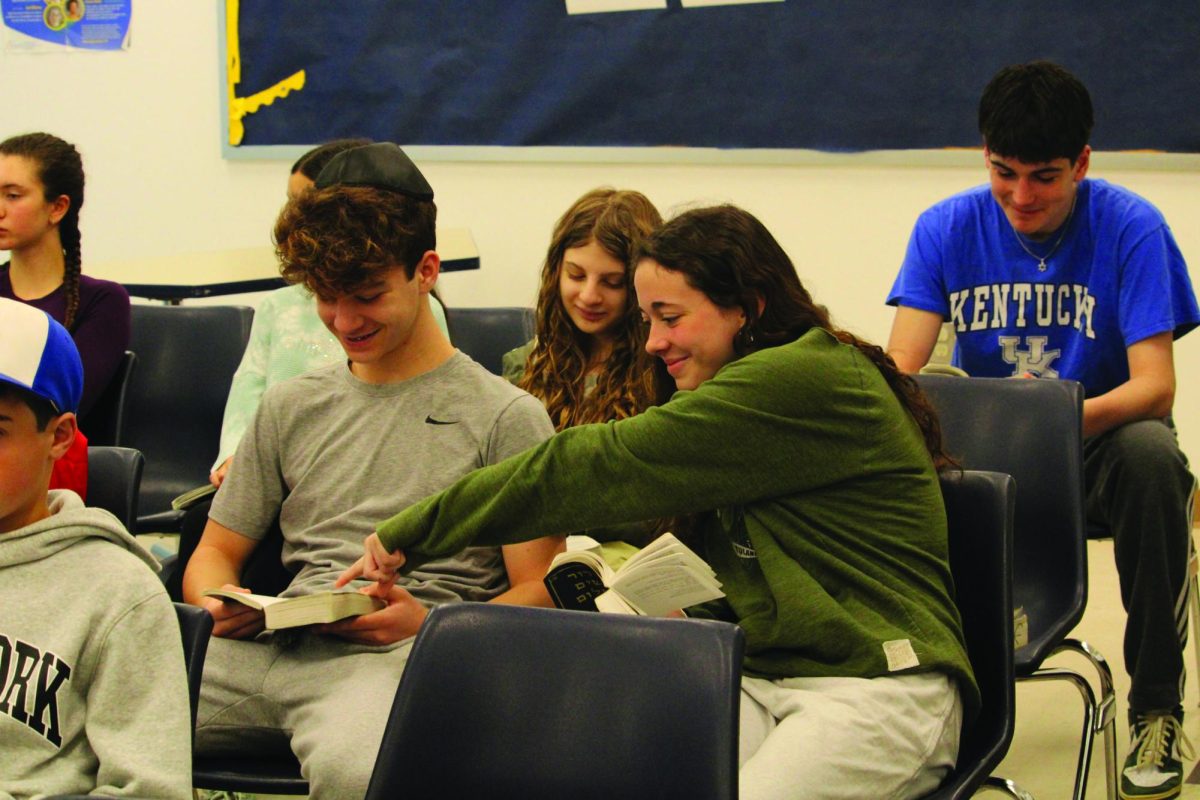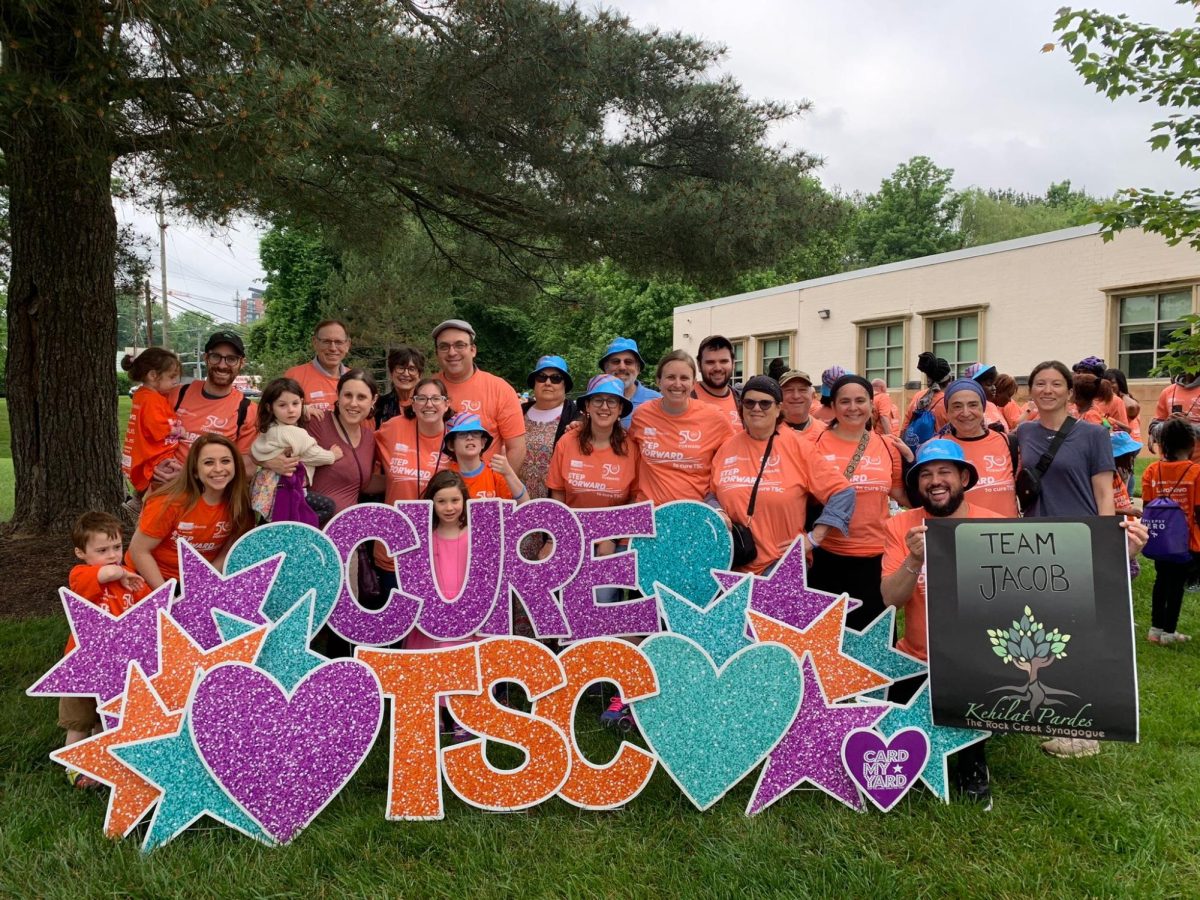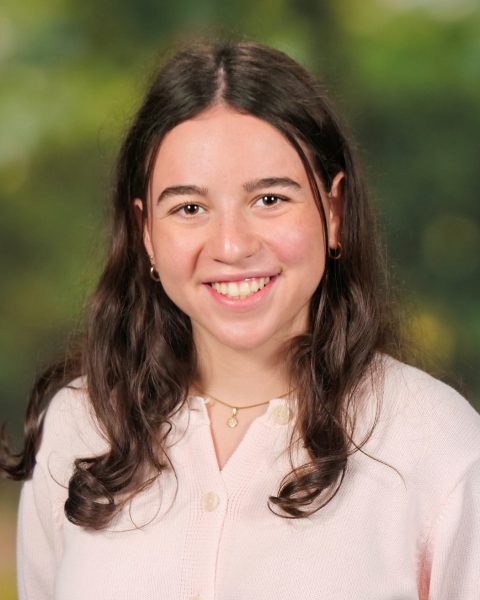As Jewish text teacher Rabbi Reuvane Slater walked into a bookstore in Monsey, New York, he saw his own book sitting on the shelf. Years of dedication and hard work had finally come to fruition, and Slater was overwhelmed with feelings of excitement and achievement.
“It was an experience unlike any other experience to see some sort of store interested in your work,” Slater said.
His book, “Tachanun: Prayer from the Heart,” was published in 2006 in honor of his sick mother. Tachanun is recited during the weekday services and contains confessions of sins to God.
Although Slater was still teaching at the time, he didn’t feel overwhelmed by the added workload of writing a book and often wrote at night.
“My mother got very sick … I hadn’t really thought about writing anything, but I started to do something in her honor and her merit and tried to pick a topic that was about prayer because the idea was praying for her,” Slater said.
While some teachers at CESJDS have published books, others are in the process of writing.
Middle school English teacher David Carrington is currently working on the draft of his young adult book, focused on 14 punctuation-inspired superheroes who visit struggling towns. The goal of Carrington’s book, he said, is to teach students the importance of punctuation.
Carrington got the inspiration to write a book when he taught at the same school where Rick Riordan, author of the series “Percy Jackson,” had previously worked. Watching Riordan turn his curriculum on the Odyssey into a fun novel for kids made Carrington wonder if he could do the same for his class.
Carrington began writing his draft in October of 2019 and is more than halfway done. While it is challenging for Carrington to carve out time for his book, he believes that setting regular times to write can be helpful.
“There’s this idea that you can’t wait for creativity to come, you can’t wait for inspiration to just come down from the heavens and hit you like a bolt of lightning,” Carrington said. “It’s got to be a regular practice where you’re in your routine, you sit down and if you do that enough times, ideas will come out.”
Unlike Carrington, who is writing a fantasy book, middle school social studies teacher Heidi Zansler is writing a novel loosely based on her life. The novel’s protagonist is Francesca, a woman in her 40s who recently discovered she is Jewish and struggles to figure out how that fact fits into her identity. She feels the need to have a child in order to carry on her Jewish legacy; however, she has a disability she has dubbed her “Franken-walk,” which she says is the reason she can’t find a partner.
Zansler had no background in writing, so she opted to take writing classes. She took free classes through the DC Public Library on general topics like themes and moving a plot forward, and she additionally paid for classes in areas where she needed more help.
“I don’t have a family, so I teach during the week, do my responsibilities,” Zansler said. “Then on Friday, Saturday and Sunday, mostly Saturday and Sunday, I’m writing and editing.”
In March, Zansler was accepted to a program in New York where she met with the senior editor of a publishing company who asked to see her final draft. If the editor chooses to buy the book, it will be easier finding an agent. Now she is writing her query letters, which are letters that an author sends to potential agents to see if the agent is interested in their book.
“I thought that when I started this book, I was going to write this one book and that would be it … Now I’m already thinking about my next novel,” Zansler said. “ …People run, people play lacrosse, they do wine tastings, or whatever it is, everybody has their thing. And I finally found my thing and it’s writing.”








